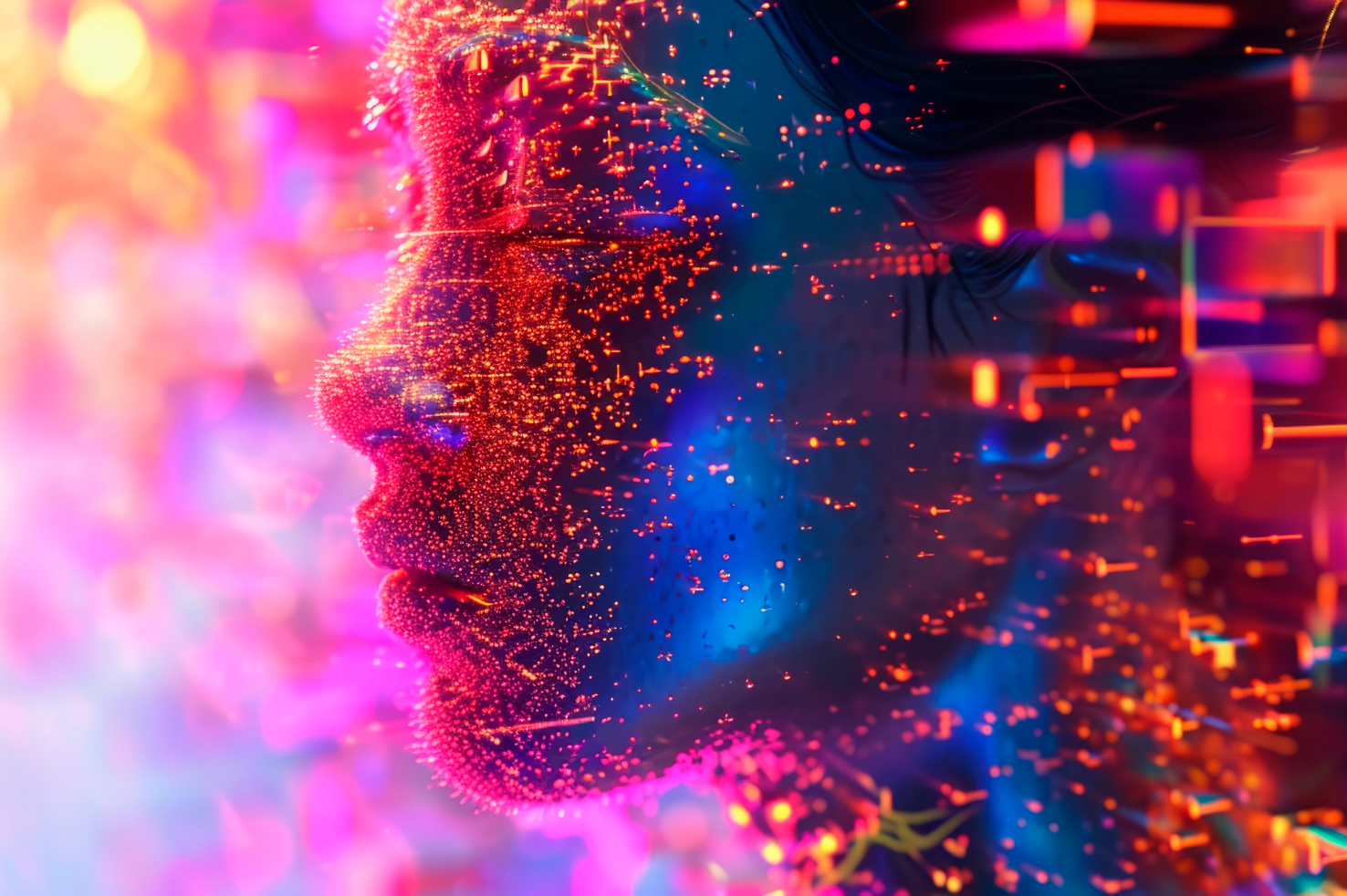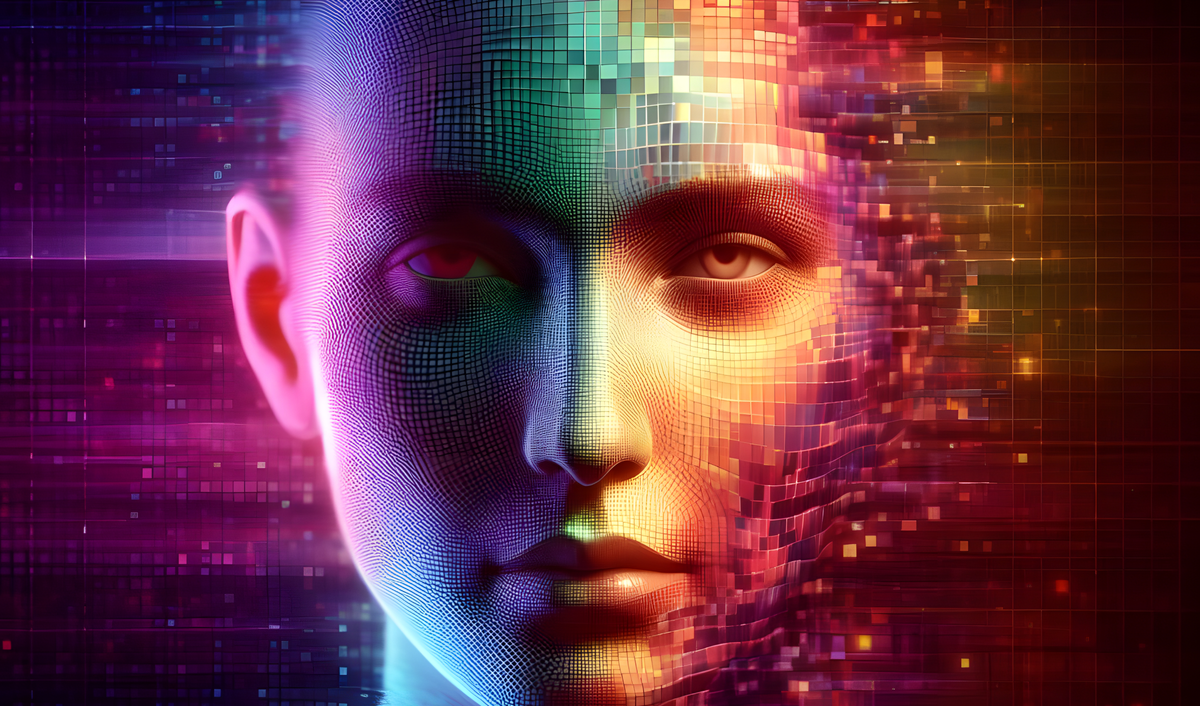Regius Magazine asked ChatGPT to write an article to find out whether AI is a threat? Here is the result.
As we dive deeper into the world of Artificial Intelligence (AI), the conversation about whether it is a friend or a foe grows increasingly nuanced. AI technology has made impressive strides, offering solutions that promise to revolutionize our lives in various ways. From healthcare innovations that assist doctors in diagnosing diseases to algorithms that streamline operations in logistics, AI has the potential to enhance our daily lives and tackle complex global issues. However, as we embrace these advancements, we must also confront the dark shadows they cast.
At the heart of the debate lies the tremendous efficiency AI brings to various sectors. For instance, in healthcare, AI algorithms can analyze medical images with a precision that sometimes surpasses that of human radiologists, allowing for earlier detection of conditions like cancer. In the realm of transportation, AI-powered systems optimize routes for delivery trucks, saving time and reducing emissions. In education, personalized learning experiences driven by AI help students progress at their own pace, potentially leading to better educational outcomes.
Yet, the benefits of AI come with significant risks. One of the most pressing concerns is job displacement. As AI and automation become more integrated into the workforce, many traditional roles face the threat of obsolescence. This shift can lead to economic instability, particularly for workers in industries heavily reliant on routine tasks. While some jobs will evolve, others may vanish entirely, leaving many to grapple with unemployment and the need for retraining.
Furthermore, the ethical implications of AI systems warrant serious consideration. Many AI models operate as “black boxes,” meaning their decision-making processes are often opaque even to the developers who create them. This lack of transparency raises questions about accountability, especially in high-stakes environments like law enforcement or hiring. Bias can easily creep into these algorithms if they are trained on data that reflects societal inequalities, leading to discriminatory practices that exacerbate existing social injustices.

Privacy concerns are another significant issue. The ability of AI to gather and analyze vast amounts of data raises alarms about personal privacy. Many individuals are uncomfortable with the idea of their behaviors and preferences being tracked and analyzed, often without their knowledge or consent. Surveillance technologies, particularly those used in public spaces, can infringe on civil liberties, leading to a society where constant monitoring becomes the norm.
As we move forward, striking a balance between reaping the benefits of AI and mitigating its risks is essential. Robust regulations and ethical guidelines must be established to ensure AI serves the public good. This includes creating transparent AI systems, enforcing data privacy protections, and promoting inclusive technology development that considers the needs of all stakeholders.
Moreover, public dialogue around AI should involve diverse voices, including technologists, ethicists, and community members. Engaging in these discussions will foster a more inclusive approach to AI, one that prioritizes human well-being and addresses the complexities surrounding its implementation.
In conclusion, AI is neither a friend nor a foe by default; its impact depends on how we choose to develop and deploy this technology. The challenge lies in ensuring that AI becomes a powerful ally in solving pressing issues while addressing the ethical dilemmas and societal impacts it raises. The future of AI is in our hands, and it is up to society to shape its role in a way that benefits humanity as a whole.

ChatGPT
Developed by OpenAI, ChatGPT is a generative artificial intelligence (AI) chatbot launched in 2022.
chatgpt.com




